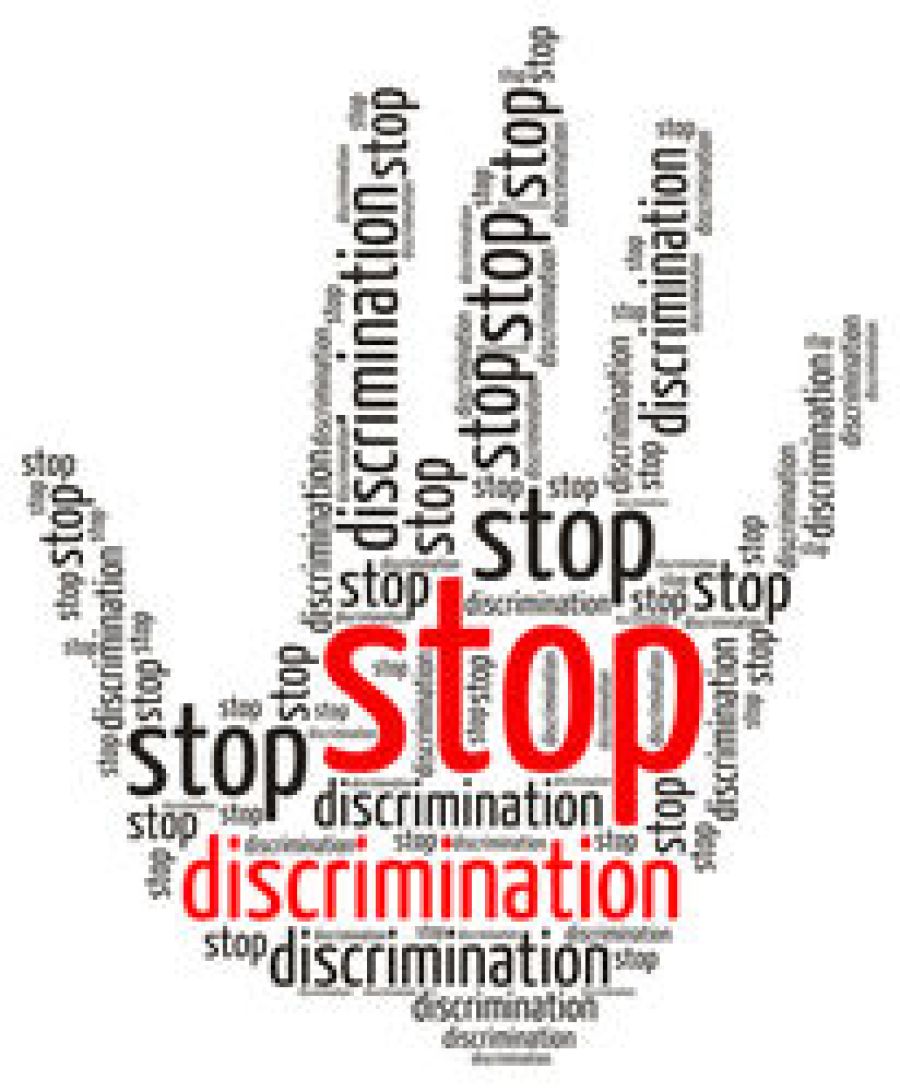Blog

Blog
Call us today for a free initial consultation on 0800 772 0341
Understanding race discrimination
Published 07 May 2018


Indirect Discrimination
When a leading coffee chain announced it was closing eight thousand stores in a move intended to tackle race discrimination in the workplace it made headlines worldwide.
Starbucks made the announcement after facing a growing storm and accusations of racial profiling when two black men were arrested at one of its stores in Philadelphia in the US (1).
The world’s largest coffee chain will close thousands of stores on 29 May in order to train workers on preventing racial discrimination (2).
The two men were arrested for ‘trespassing’ while they were waiting for a friend in the store.
While we may cast disparaging glances at events across the Atlantic, it appears there are still lessons to be learned when it comes to race discrimination in UK workplaces.
A recent study revealed that 60 per cent of black and 42 per cent of Asian people who took part had experienced racism at work.
The research, which questioned 1,400 workers, found that more than half of UK employees have also witnessed racism in the workplace, but the majority have failed to act on or report it (3).
The Equality Act 2010 makes it unlawful to discriminate against employees, job seekers and trainees because of race. In accordance with the Act race can mean the colour or nationality of an individual. It also covers ethnic and racial groups - a group of people who all share the same protected characteristic of ethnicity or race.
Race discrimination occurs when an individual is treated differently because of their race in one of the situations covered by the Equality Act. It can be a one-off incident or as a result of a rule or policy based on race. Whether an action is intentional or not it can still be found to be unlawful
ACAS list the four main types of race discrimination as follows (4):
Direct discrimination
Breaks down into three different sorts of direct discrimination of treating someone ‘less favourably’ because of:
· Their actual race (direct discrimination)
· Their perceived race (direct discrimination by perception)
· The race of someone with whom they associate (direct discrimination by association).
Indirect discrimination
Can occur where there is a policy, practice, procedure or workplace rule which applies to all workers, but particularly disadvantages people of a particular race. For example, a requirement for all job applicants to have GCSE Maths and English would discriminate against potential candidates educated in countries which don't have GCSEs, unless the employer accepted equivalent qualifications.
In some limited circumstances, indirect discrimination may be justified if it is what the law terms ‘a proportionate means of achieving a legitimate aim’.
Harassment
When unwanted conduct related to race has the purpose or effect of violating an individual's dignity or creating an intimidating, hostile, degrading, humiliating or offensive environment for that individual.
Victimisation
Unfair treatment of an employee who has made or supported a complaint about race discrimination.
Employers should ensure they have policies in place which are designed to prevent race discrimination in:
· Recruitment
· Determining pay, and terms and conditions of employment
· Training and development
· Selection for promotion
· Discipline and grievances
· Countering bullying and harassment
· When an employee is dismissed.
Falling foul of race discrimination laws is costly and perhaps one of the best examples of this can be found in a case involving the Crown Prosecution Service (CPS) (5)
An Asian lawyer was awarded what was a record payout of £600,000 following a lengthy legal battle with the CPS over a race claim.(6)
However, there are circumstances when being treated differently due to race is lawful. This is in situations where belonging to a particular race is essential for the job or where an organisation is taking positive action to encourage or develop people in a racial group that is under-represented or disadvantaged in a role or activity.
References
1. Starbucks “sorry” over black men arrest. BBC News [Internet]. 2018 Apr 15 [cited 2018 Apr 30]; Available from: http://www.bbc.co.uk/news/world-us-canada-43776176
2. Rushe D, agencies. Starbucks to close 8,000 US stores for racial-bias training. The Guardian [Internet]. 2018 Apr 17 [cited 2018 Apr 29]; Available from: http://www.theguardian.com/business/2018/apr/17/starbucks-racism-training-close-stores-may-us
3. Kandola P. One in Five People Still Being Racially Abused at Work, According to Research by Pearn Kandola [Internet]. [cited 2018 Apr 29]. Available from: http://www.prnewswire.co.uk/news-releases/one-in-five-people-still-being-racially-abused-at-work-according-to-research-by-pearn-kandola-676006283.html
4. Race discrimination | Acas advice and guidance [Internet]. 2008 [cited 2018 Apr 30]. Available from: http://www.acas.org.uk/index.aspx?articleid=1849
5. Homepage | The Crown Prosecution Service [Internet]. [cited 2018 Apr 30]. Available from: https://www.cps.gov.uk/
6. Correspondent RE Crime. Lawyer wins record £600,000 race claim payout from CPS. 2008 Sep 5 [cited 2018 Apr 30]; Available from: https://www.telegraph.co.uk/news/2690303/Lawyer-wins-record-600000-race-claim-payout-from-CPS.html
A reputation built on success
If you're facing any of the issues in this article - or need guidance on disciplinary, grievance, or redundancy matters - call us today. Our expert Trade Union Representatives are available to represent you in crucial workplace meetings, with pay as you need support.